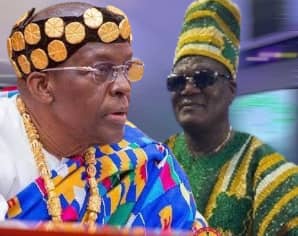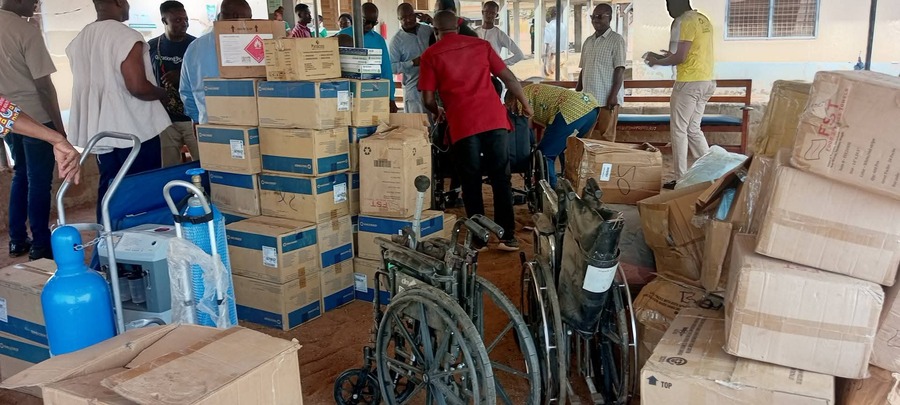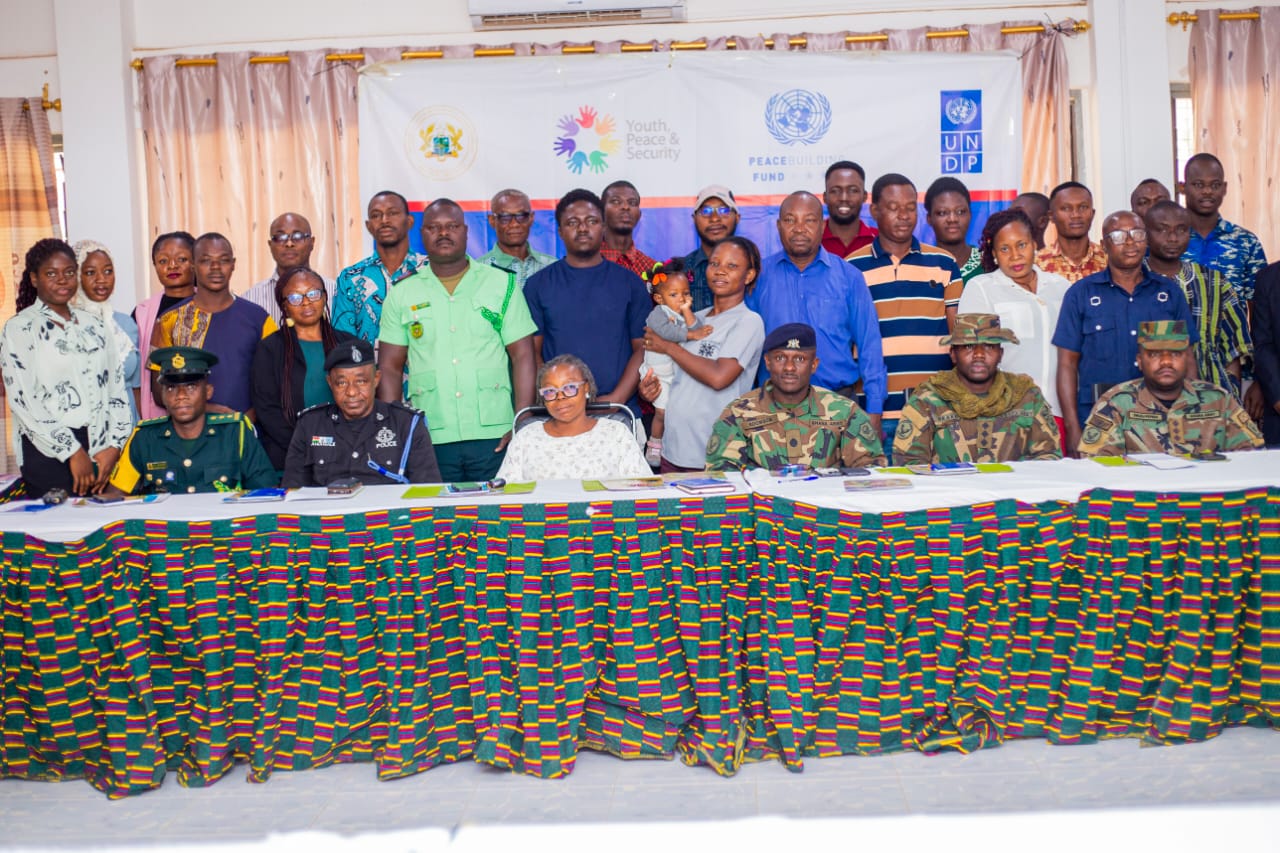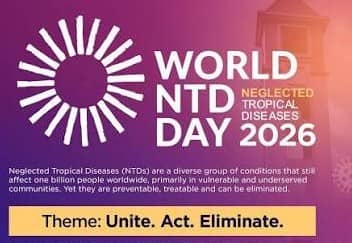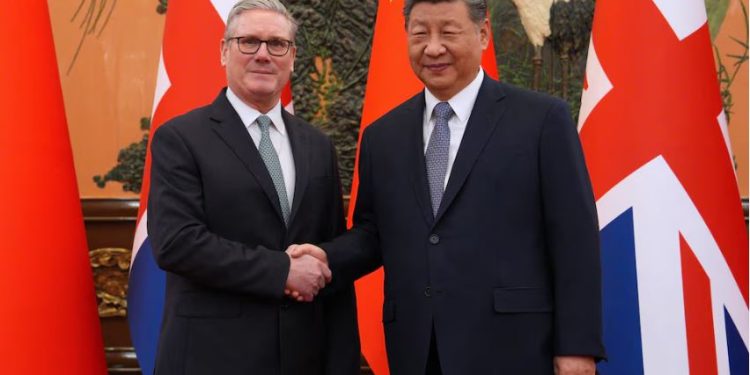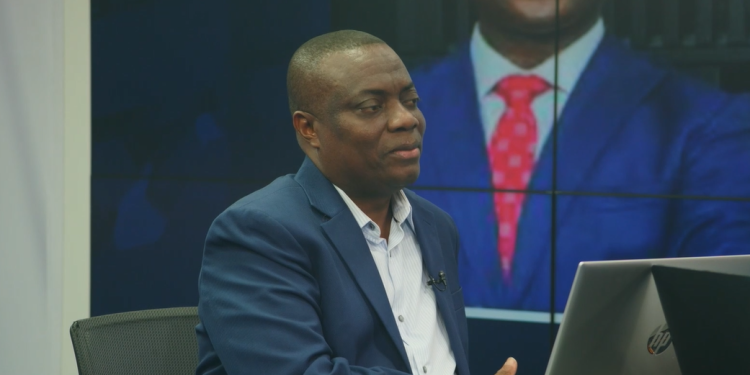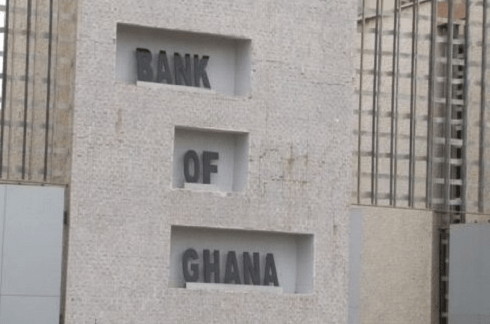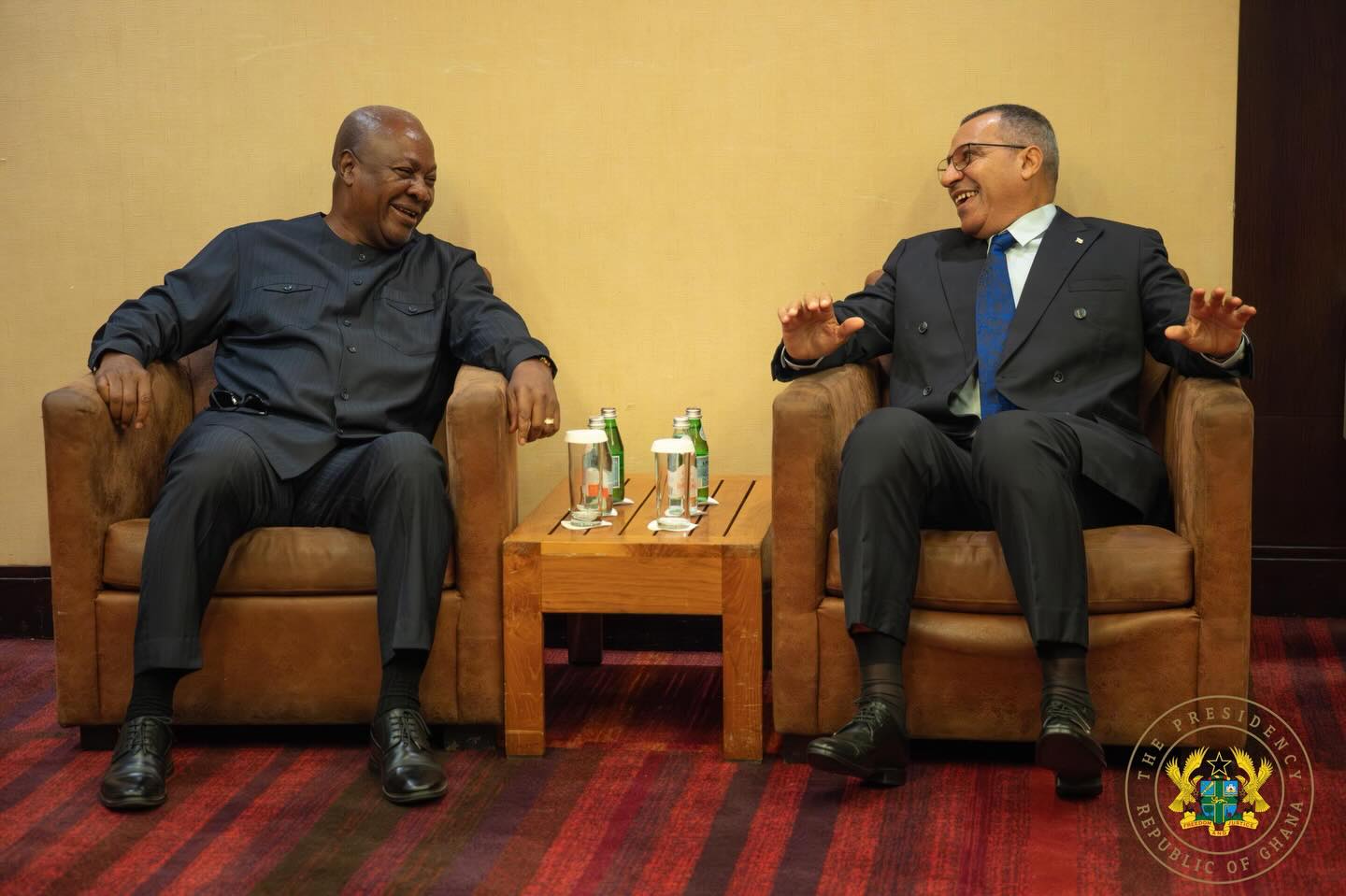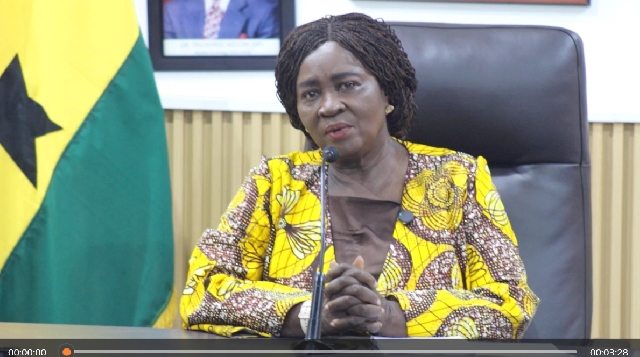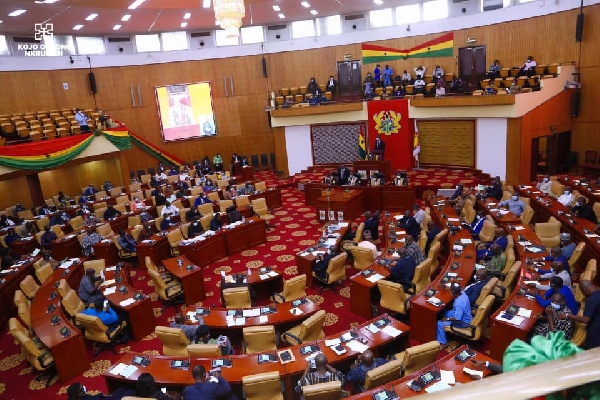Ghana has officially adopted the Affirmative Action Gender Equity Act (Act 1121), marking a significant advancement in protecting the rights of vulnerable populations.
The law, enacted in July 2024, is dedicated to ensuring that women are progressively represented in key decision-making roles across both public and private sectors.
One of the key features of the Affirmative Action Act is its ambitious targets for women’s representation. By 2026, the law mandates that women hold at least 30% of decision-making positions, with a goal of achieving 50% representation by 2034. To facilitate the effective implementation of these provisions, a Gender Equity Committee has been established to guide the process.
The Ministry of Gender, Children, and Social Protection will play a crucial role in mainstreaming gender considerations throughout all levels of governance. This ministry is also responsible for providing social protection interventions aimed at supporting vulnerable populations and contributing to the overall development of the nation.
At the launch of the act, Dr. Agnes Naa Momo Lartey, the Minister of Gender, Children, and Social Protection, emphasized the importance of the law in fostering inclusive governance and promoting gender equity, asserting that its implementation could significantly benefit Ghana’s development trajectory.
The act, which received presidential assent on September 11, 2024, took effect immediately, symbolizing a decisive commitment to gender equity in the country. Joining the minister at the launch was Zia Choudry, the UN Resident Coordinator, who stressed the necessity of collective action for the successful implementation of the Act. He articulated that effective leadership requires commitment, collaboration, and courage, underscoring that justice, inclusion, and equity are essential values in governance and social practice.
Choudry acknowledged the challenges in dismantling entrenched injustices but remained optimistic, stating that collective efforts could yield meaningful change. He reaffirmed the UN’s commitment to supporting Ghana on this pivotal journey. Additionally, he proposed a follow-up meeting in a year to assess progress in the act’s implementation, highlighting the need to monitor developments on the ground.
Choudry’s reflections underscored not only the significance of the Affirmative Action Gender Equity Act but also the vital role of sustained efforts in promoting gender equality and empowering women across Ghana.
Source: Apexnewsgh.com

